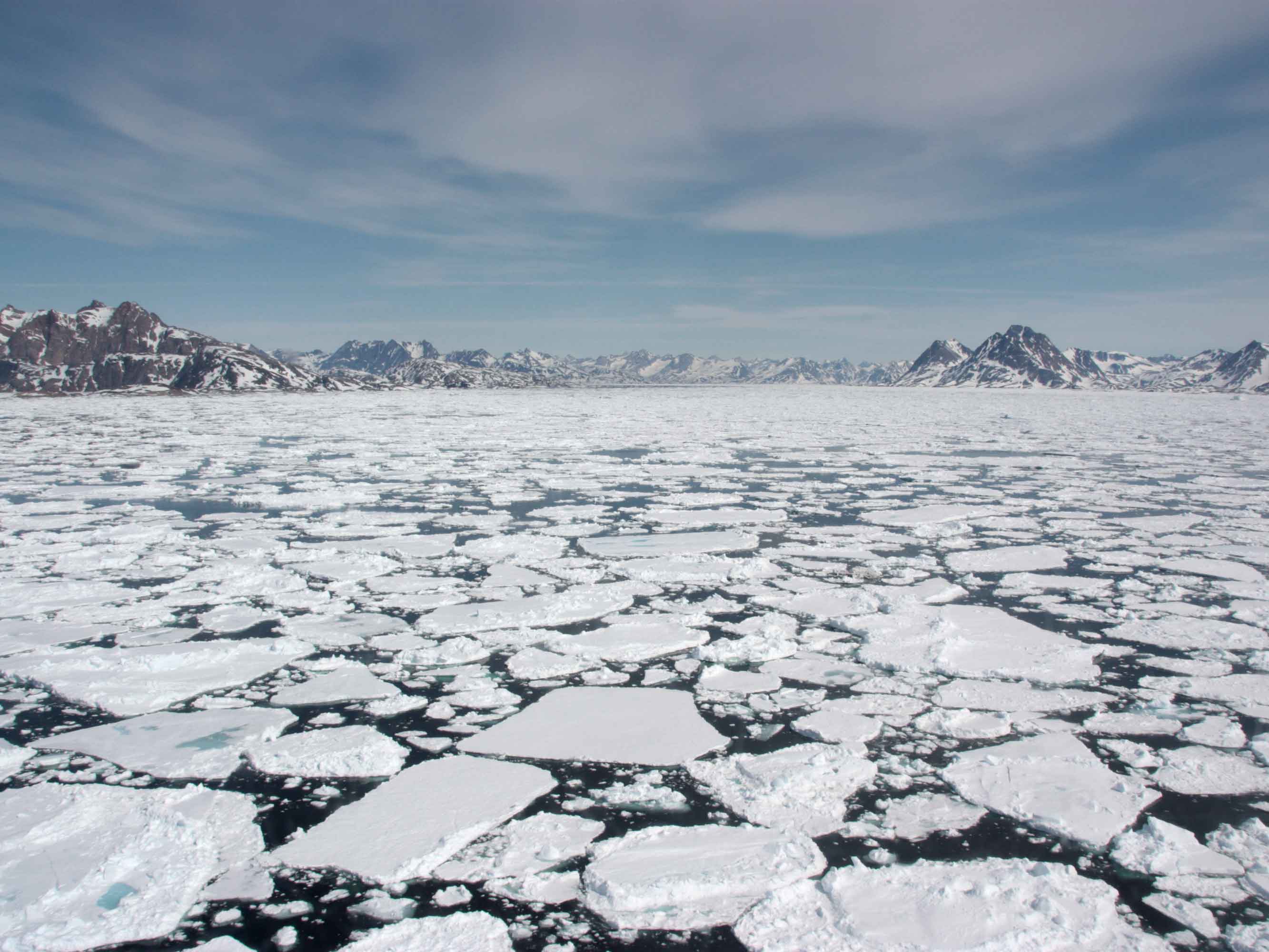Artificial snow could save the Antarctic, researchers suggest
In a radical geoengineering project, scientists propose pumping 7.4 trillion tons of artificial snow onto the polar ice caps in a bid to slow down their disintegration

Scientists have proposed using seawater to produce artificial snow that may slow down the climate crisis
A new study released on July 17 put forward a radical plan to slow down climate change. Its authors propose bolstering the melting ice caps with 7.4 trillion tons of artificial snow, in a process known as ‘surface mass deposition’.
The gigantic West Antarctic Ice Sheet is melting at a faster rate than scientists previously predicted. If it disintegrates – as it is currently on course to do – it could cause the global sea level to rise by at least three metres, potentially submerging coastal cities such as Shanghai, Tokyo and New York.
The study proposes using wind turbines to power pumps that would transport vast amounts of seawater to the surface of the ocean. The water would then be desalinated and frozen into ‘snow’
The new study, which was published in the journal Science Advances, proposes using 12,000 wind turbines to power pumps that would transport vast amounts of seawater 1,500m up to the surface of the ocean. The water would then be desalinated and frozen into ‘snow’. The scientists behind the study argue that this snow would weigh down the ice sheet and slow its disintegration.
This is far from a foolproof solution, as the authors themselves point out. Pumping seawater up to the surface would require enormous amounts of energy and could risk dropping the global sea levels by several inches or disrupting the ocean’s circulation patterns.
The fact that this drastic proposal is being put forward is testament to an increasing sense of urgency and desperation among climate scientists. Until recently, geoengineering projects like this were usually dismissed on account of their costliness and impracticality. However, the scientific community is increasingly viewing such radical interventions as necessary to stave off a climate catastrophe.
“We are already at a point of no return if we don’t do anything,” Anders Levermann, co-author of the study and a professor at the Potsdam Institute for Climate Impact Research, told Reuters.
Nonetheless, climate scientists warn that interventions like this should not be used as an excuse to forgo much-needed economic and societal changes, such as switching from fossil fuels to renewable energy. Ultimately, governments need to prioritise tackling global warming at its root cause rather than treating the symptoms.













